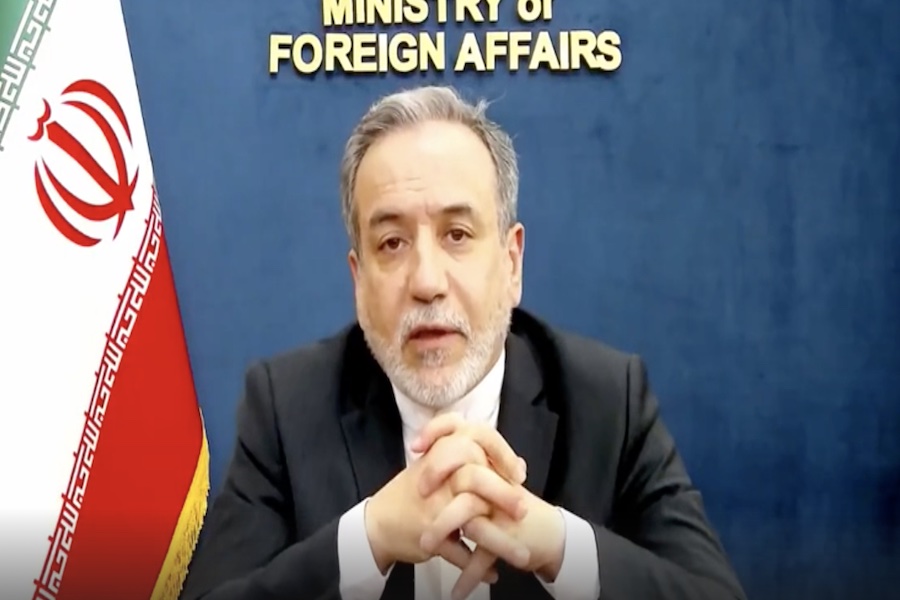Politics
JUST IN: Iranian Official Makes Major Admission About US Strikes

In a highly-anticipated interview with Fox News’ “Special Report,” Iranian Foreign Minister Abbas Araghchi admitted Monday that the nation’s Uranium enrichment program has been halted due to last months U.S. strikes on its nuclear sites.
“Our facilities have been damaged, seriously damaged. The extent of which is now under evaluation by our automechanical organization. But as far as I know, they are seriously damaged,” Araghchi said when asked by host Breit Baier about the extent of damage to the nation’s nuclear facilities following the strikes. He further conceded that the regime has no idea whether any of the already enriched material survived the strikes or was accessible.
“As I said, our automechanical organization is responsible for that. They are now trying to evaluate what has exactly happened to our nuclear material,” Araghchi said.
When asked about the continuation of Iran’s uranium enrichment program, the foreign minister stated that it will indeed continue. While Iran has claimed that it is enriching uranium for peaceful purposes, this has been disputed by the U.S. and its allies, while President Donald Trump has stated that Iran must discontinue its enrichment program outright for any deal to be made.
“It is stopped because, yes, damages are serious and severe. But obviously we cannot give up of enrichment because it is an achievement of our own scientists. And now, more than that, it is a question of national pride,” Araghchi told Fox News.
Araghchi’s statement appears to confirm a June battle damage assessment provided by the Pentagon, which found that Iran’s nuclear program has been set back by at least two years. U.S. and Israeli strikes targeted Iranian nuclear facilities at Natanz and Isfahan, while the U.S. unilaterally carried out bunker buster strikes on the regime’s fortified nuclear site at Fordow.
Israel had asked the U.S. to participate in the strikes at Fordow, as they did not possess the necessary munitions required to disable the site.
When asked about the potential for direct talks between the United States and Iran, Araghchi said it is likely not possible at this time, though he expressed openness to doing so in the near future. He did note that Iran is “not enriching right now due to the strikes,” however, which could be interpreted as a potential opener for future negotiations.
Baier also asked the foreign minister about the possibility of additional U.S. strikes if enrichment continues, something President Trump has left on the table. “My message to the United States is, that let’s go for a negotiated solution for Iran’s nuclear program,” he said.
“And we did that, in the past in 2015 after two and a half years of negotiations in which I was a negotiator myself. We came to that solution, that was called JCPOA, or Joint Comprehensive Plan of Action. Maybe the current administration doesn’t like that, but we can come to a similar deal, a better deal than that,” Araghchi continued.
“I think this has proved that there is no military option to destroy our nuclear program. Yes, facilities have been destroyed, they are severely destroyed. But the technology is there. Our nuclear program, our enrichment program, is not something that has been imported from outside that can be destroyed by bombings,” he added before suggesting that Iran will not rule out the possibility of rebuilding its facilities.
“But I tell you, there is a negotiated solution for our nuclear program. We have done it once in the past, we are ready to do it once again.”

